When Love Speaks Too Soon: Supporting Your Baby’s Journey to Speech
As parents, we often can't help ourselves—we’re naturally driven by love and a deep desire to care for our little ones. But have you ever wondered if sometimes our eagerness to help might actually slow down their ability to develop crucial skills, like speaking? Let’s dive deeper into this and explore ways to better support our babies as they discover their own voice.
The Power of Listening and Observing
One of the most overlooked yet powerful tools parents have is simply listening and observing. Taking a step back and actively listening to your baby's sounds or noticing their gestures and facial expressions can provide incredible insights. Not only does this show your child that their communication efforts matter, but it also allows you to respond appropriately and meaningfully.
By carefully observing, you can better understand your baby's needs and interests, thus guiding and enhancing their communication skills in a natural, supportive manner.
The Unseen Impact of Our Loving Habits
We’ve all been there—our baby makes the smallest sound or gesture, and we immediately jump in to help or interpret what we think they want. It's completely understandable because we genuinely want to make things easier for them.
However, when we consistently anticipate and fulfill our baby's needs without giving them space to communicate, we might unintentionally limit their opportunities to learn and practice speaking. Babies rely heavily on practice and experimentation to master communication, and if we're constantly stepping in, we might be reducing these valuable learning experiences.
Encouraging Expression Through Patience
Patience truly is key when encouraging our little ones to speak. Instead of always rushing to answer or resolve situations quickly, try pausing and giving your baby time to form a response, whether it’s a babble, gesture, or just eye contact.
This approach can feel unnatural at first—we’re conditioned to immediately comfort and solve—but it’s an incredibly effective way to encourage speech development. Celebrate their attempts, even if they don’t quite get the words right, and reinforce their confidence to continue trying.
Building Confidence in Communication
Every sound your baby makes—every babble, coo, or little gesture—is a precious step forward in their communication journey. Responding positively and enthusiastically shows your baby that their efforts matter.
It’s not about getting it right every time; it’s about showing them you’re engaged and interested. This nurturing feedback loop builds their confidence and motivates them to keep trying new sounds and words, ultimately supporting their overall speech development.
Making Communication Fun
Speech and communication development doesn’t have to feel like a task—it should be enjoyable for both you and your baby! Incorporating playful activities like reading stories, singing songs, or playing simple word games can significantly enhance speech development.
Fun, engaging interactions not only teach your child new sounds and words but also strengthen your bond, creating joyful memories along the way.
Conclusion
Supporting your baby's speech journey involves striking the right balance between assistance and independence. Remember, each child moves at their own pace, and your love and patience are the perfect companions along this incredible journey.
So, take a deep breath, trust your instincts, and enjoy every small milestone along the way. Your encouragement and patience today will empower your little one to confidently find their voice tomorrow.
FAQs
-
Can helping my baby too much delay their speech development?
Yes—constantly anticipating needs may reduce chances for your baby to practice communication, which is essential for speech learning. -
How do I encourage my baby to speak more?
Pause before responding, give them time to babble or gesture, and celebrate even small attempts at communication to boost confidence. -
What are early signs my baby is starting to communicate?
Look for cooing, eye contact, pointing, and responding to sounds—these are all foundational communication skills. -
Why is patience important for speech development?
Waiting gives your baby space to express themselves and encourages problem-solving and verbal experimentation. -
What’s the best way to respond when my baby babbles?
Smile, maintain eye contact, and respond enthusiastically—this shows them their voice matters and reinforces positive interaction. -
Can over-interpreting my baby's gestures impact speech?
Yes—if you frequently interpret without letting them try to vocalize, it may limit their motivation to use words. -
When should I start encouraging speech in my baby?
Start from birth—talk to your baby regularly, describe what you’re doing, and encourage sound-making during playtime. -
How much should I talk to my baby each day?
Engage in frequent, natural conversation narrating daily routines, naming objects, and singing all support language growth. -
Is it okay if my baby isn’t talking by 12 months?
Many babies start saying words closer to 12–18 months. Watch for other signs of communication like babbling and gestures. -
What are the benefits of waiting before responding to a baby’s cues?
It builds anticipation, encourages them to vocalize or gesture, and fosters a back-and-forth rhythm in communication.




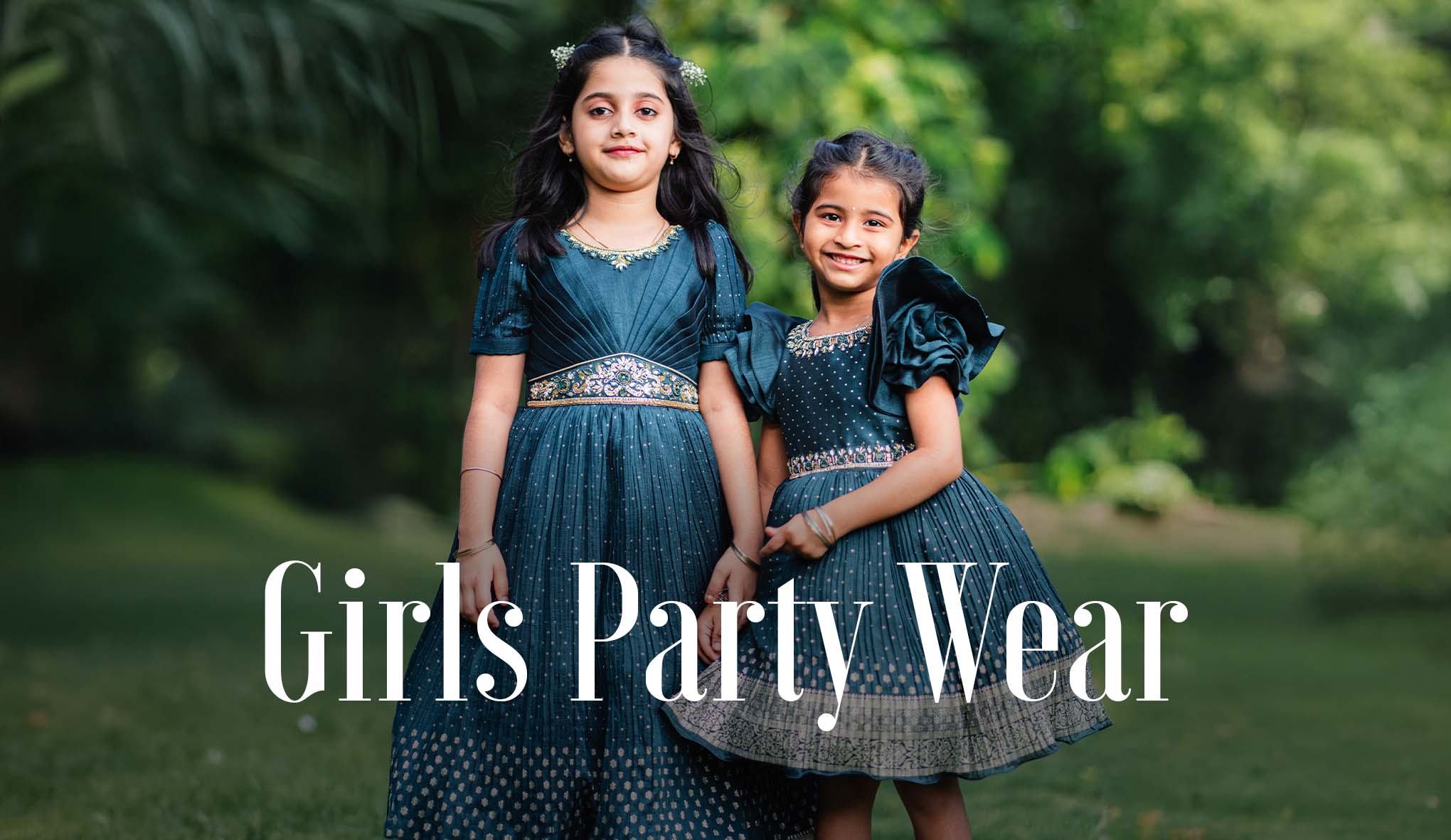



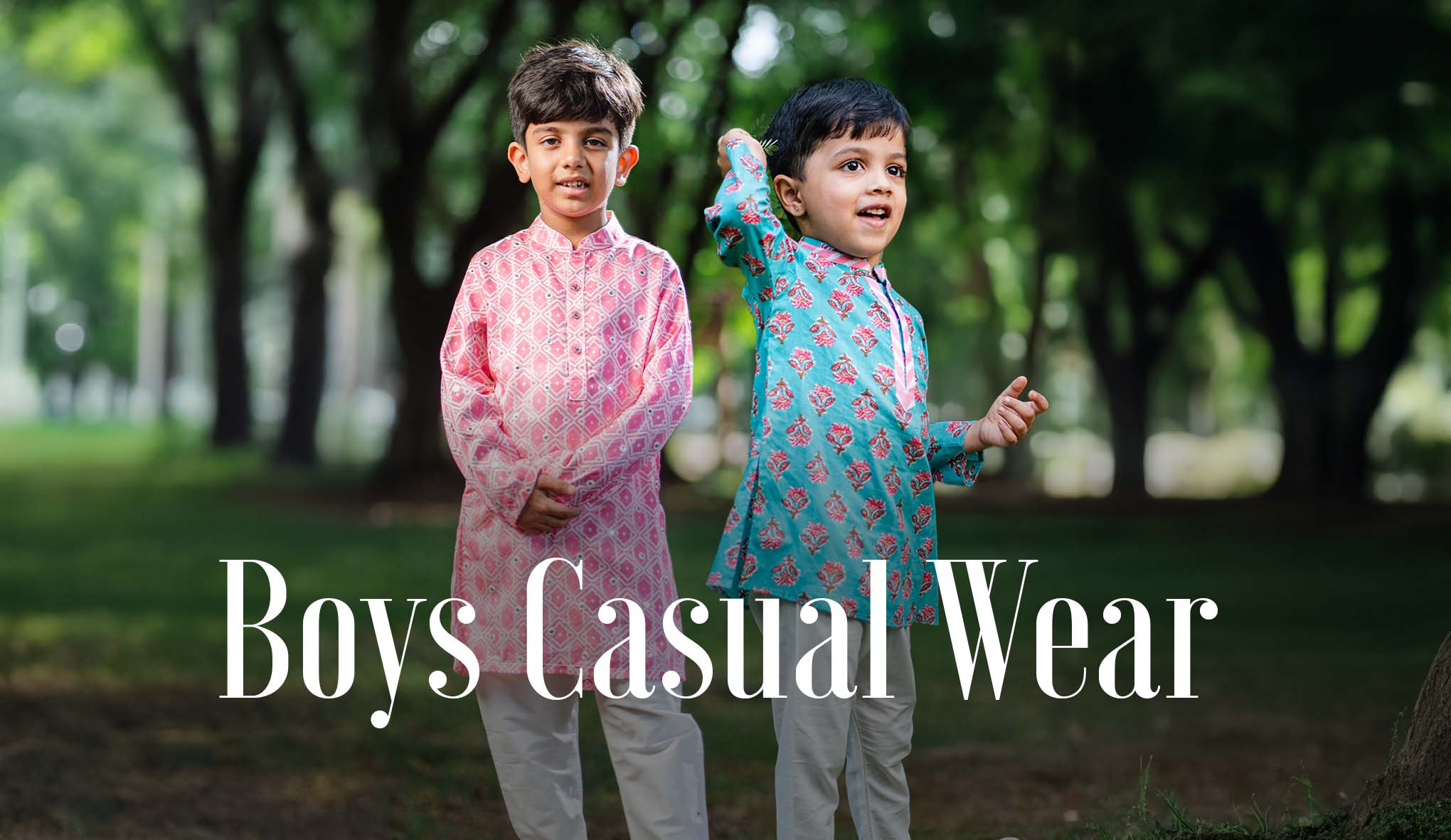
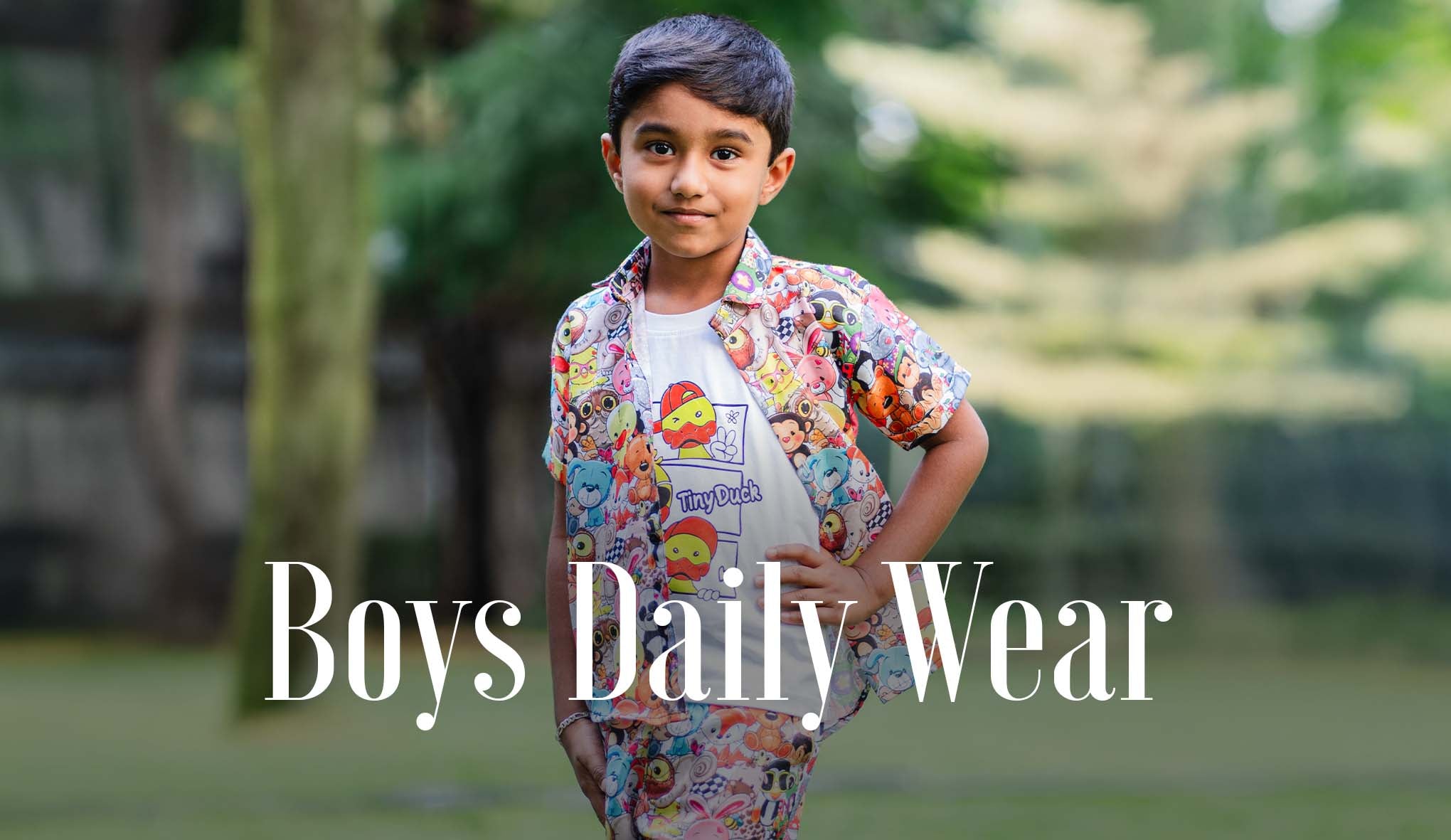

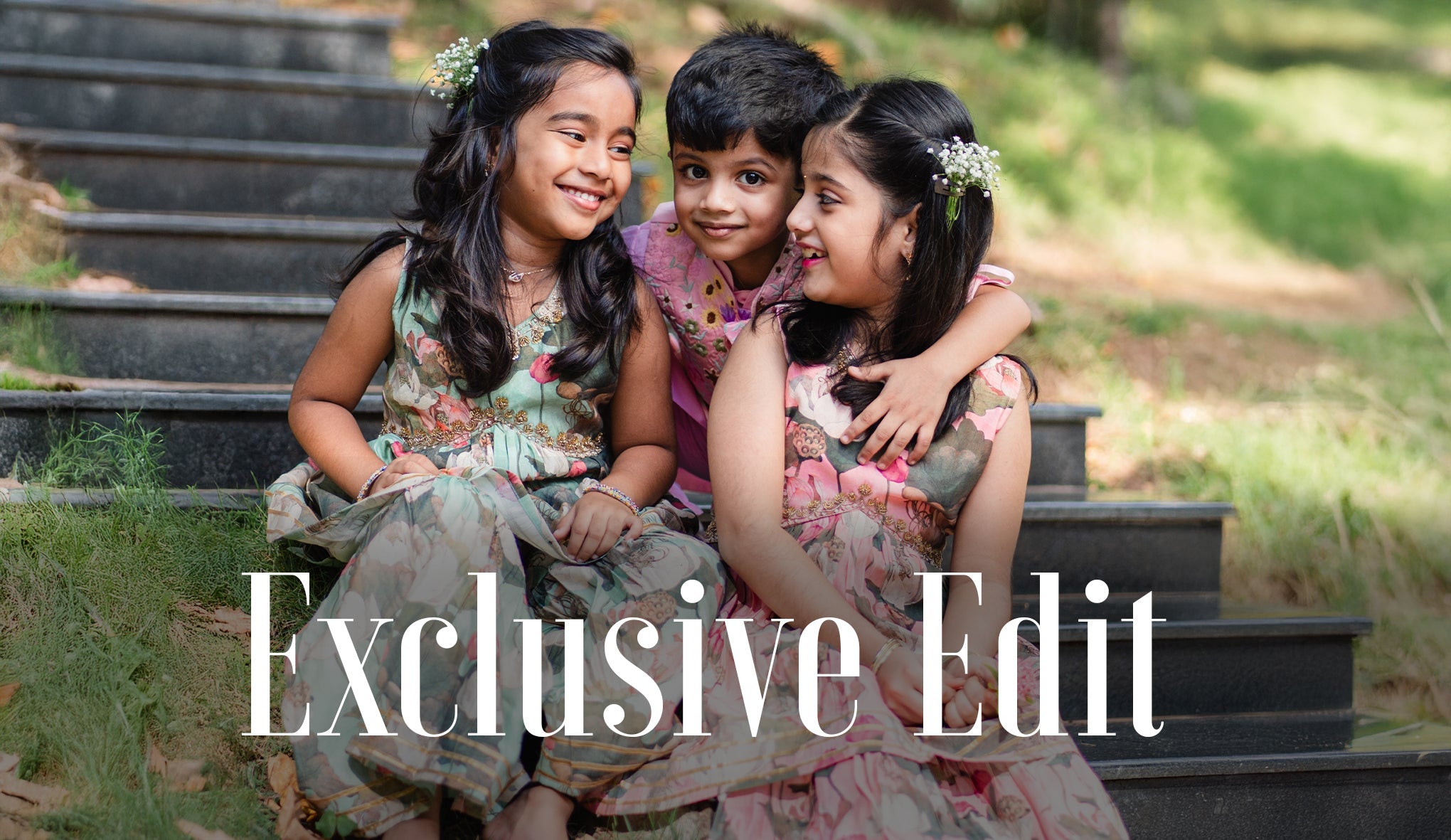


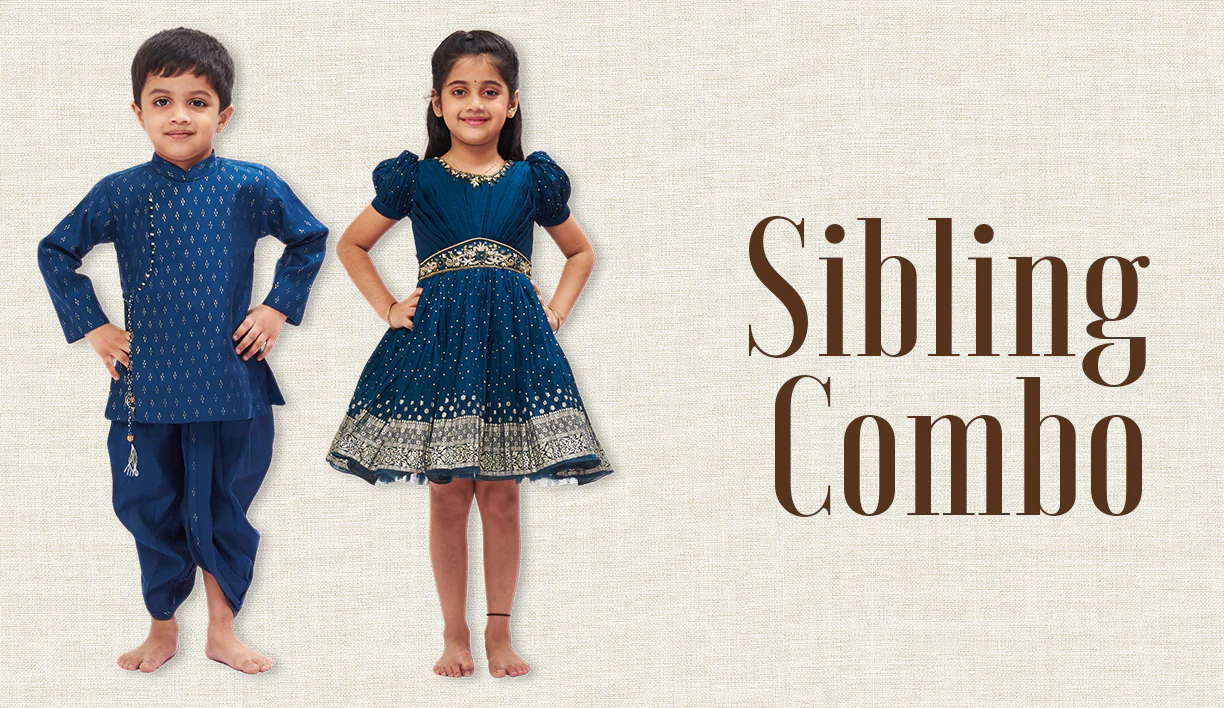
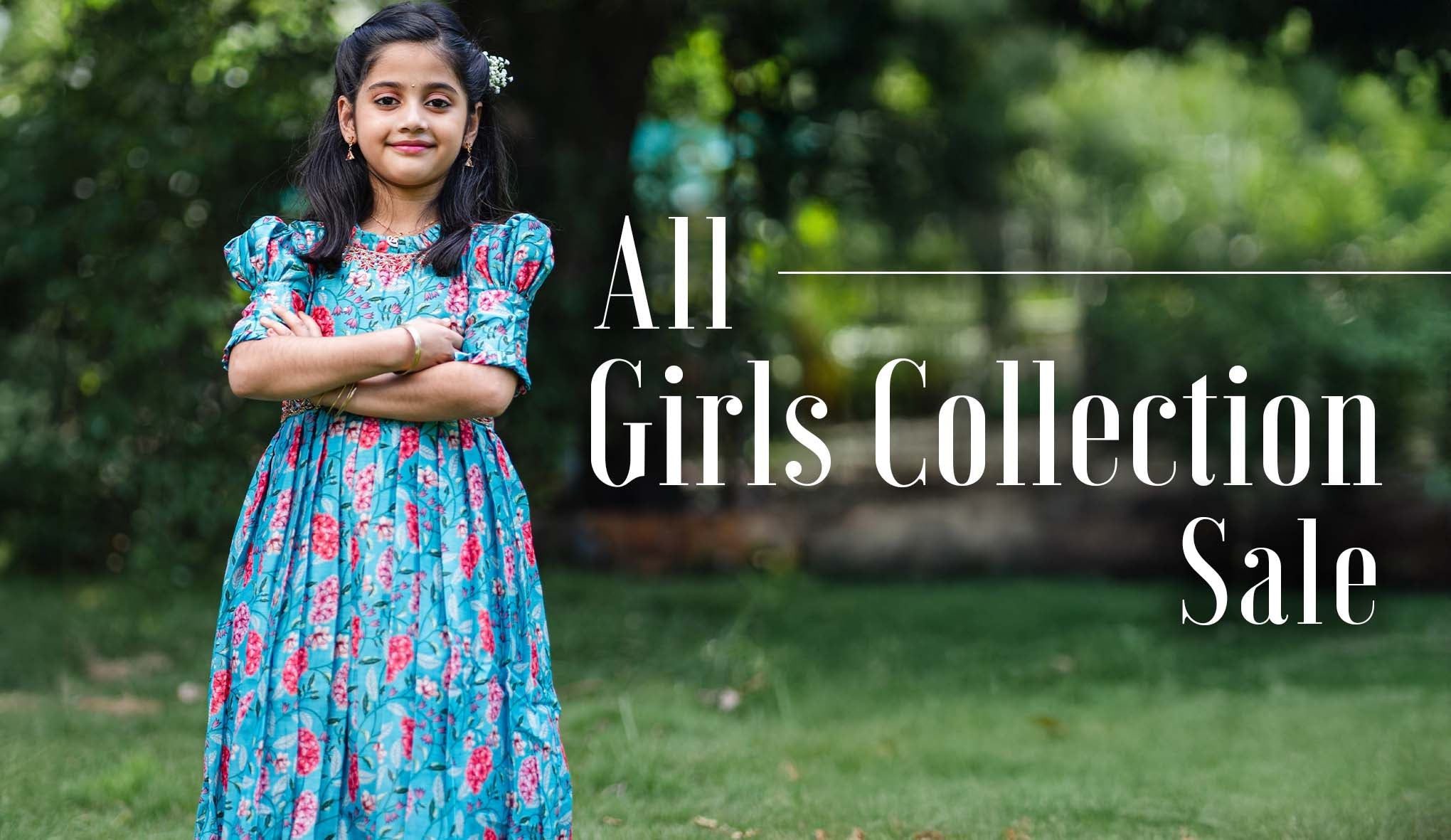
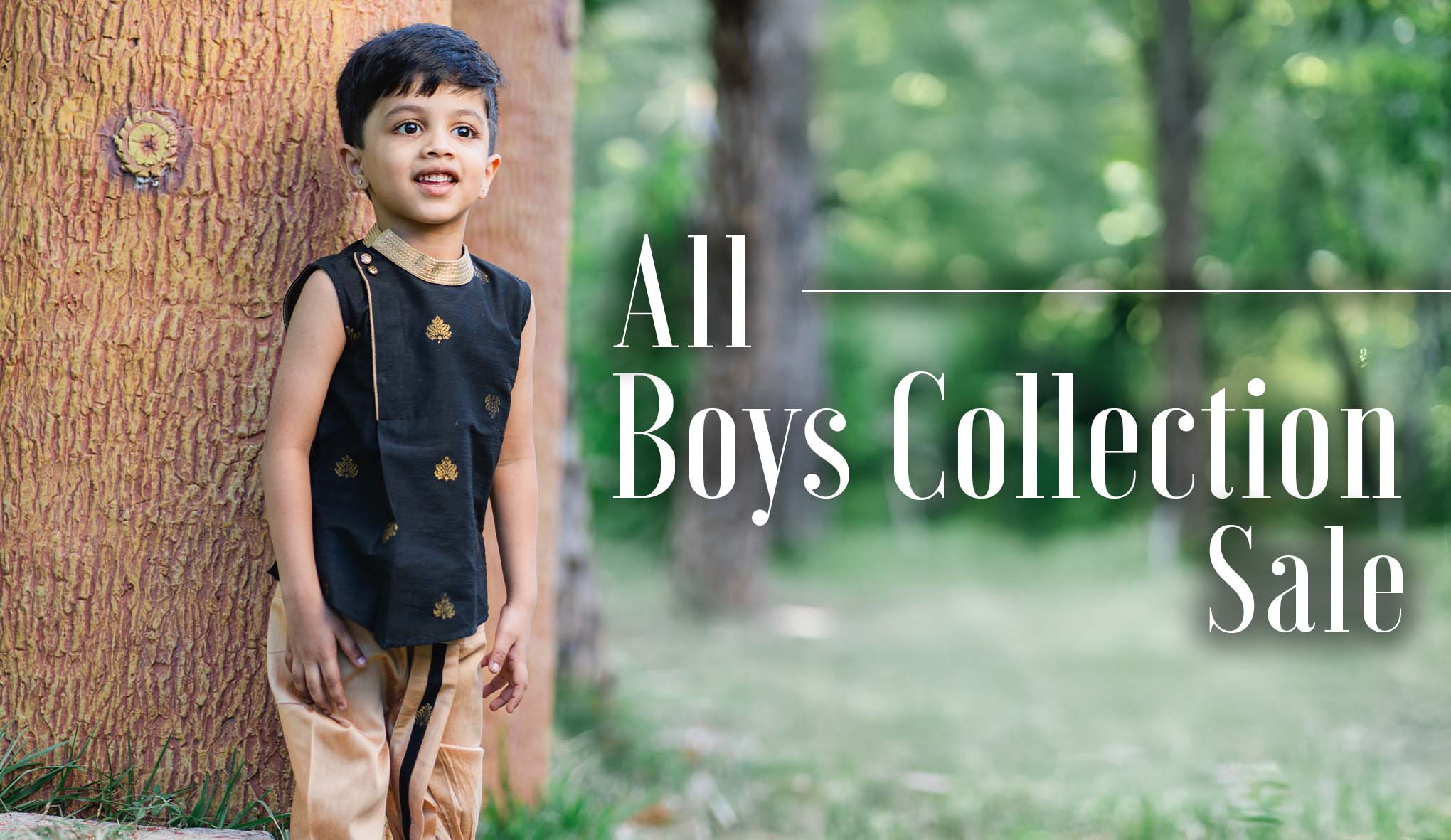


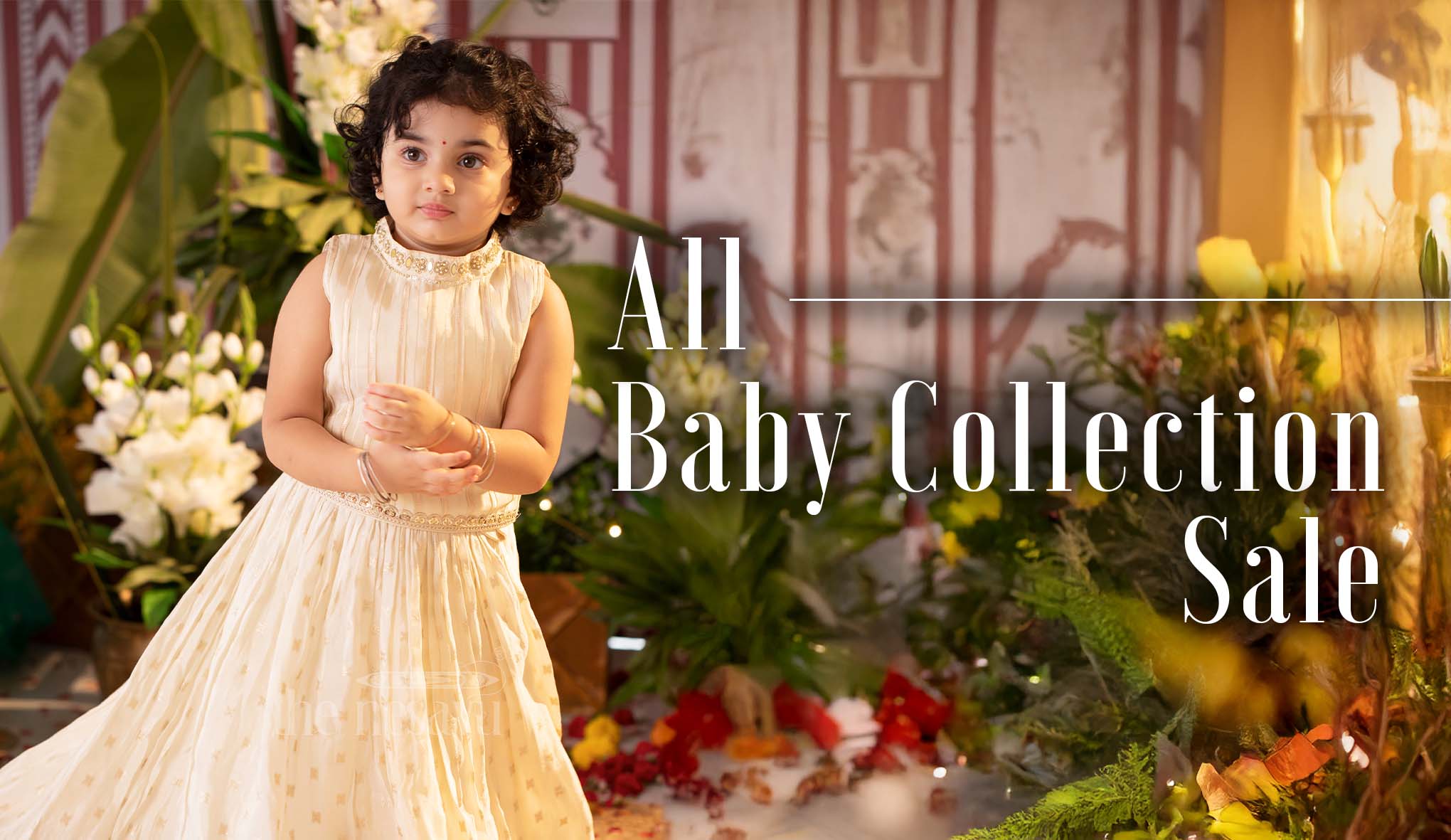



Leave a comment